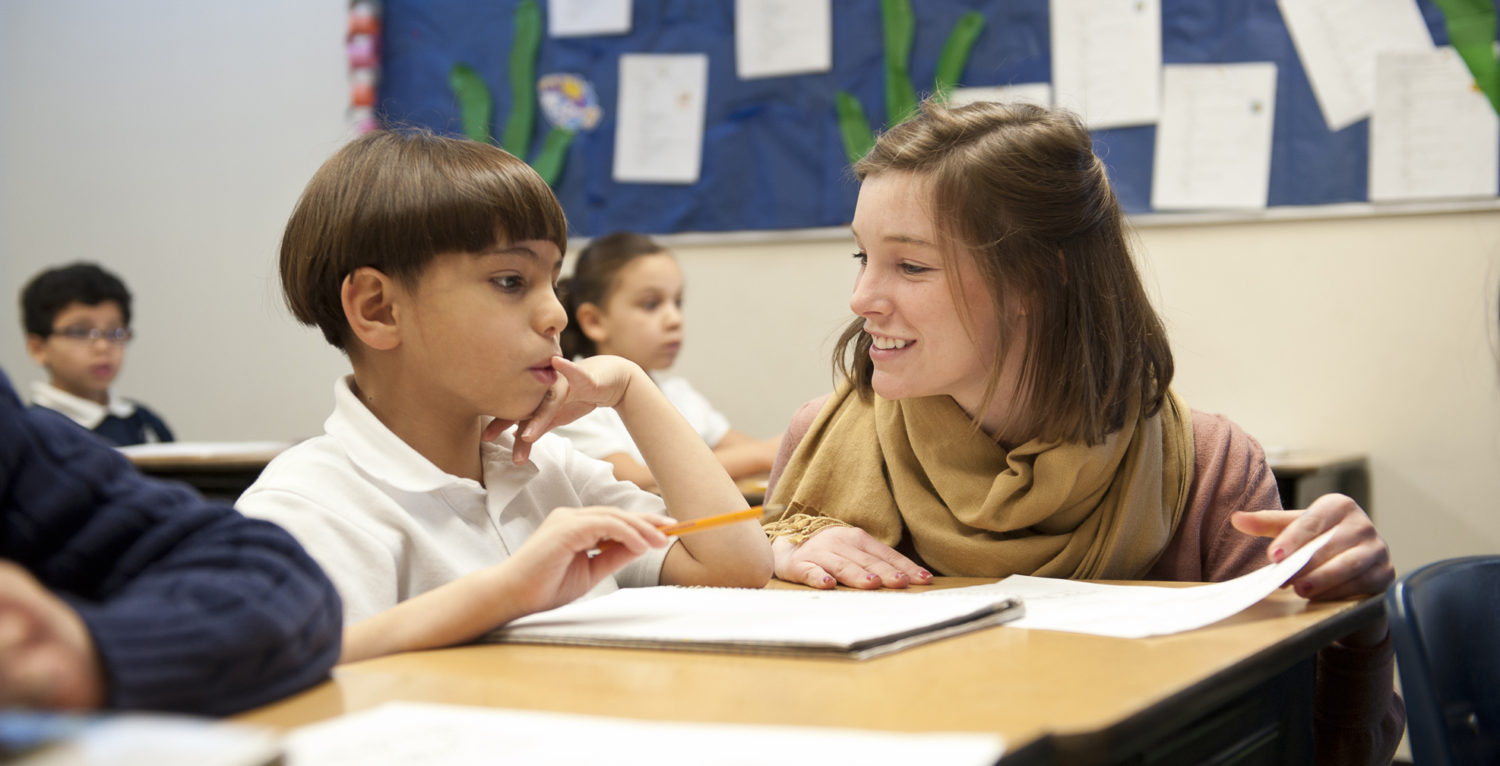Redressing the balance
Our education system reinforces right-wing thinking and is not fit for our changing society, writes Brian Matthews.
A good education is not only the birthright of all people, it is essential for the progress of society. Why is it then so undervalued by the left? While education always features in the Labour manifesto, it has not always had the priority some of us think it deserves. The Conservatives, on the other hand, have a clear idea of what they want from schools. Now, when Labour is talking about creating a ‘cradle to grave’ National Education Service, it is time for us to consider what a good school system really means.
A right-wing schooling
Our present school system is built on certain underlying principles. There is a traditional curriculum that has not changed much for nearly a century. It focuses on formal academic knowledge that is based on explicit rational argument. The national curriculum, for example, focuses on subjects such as English, maths and science. The ‘non-rational’ subjects, such as drama, art, sociology and media studies, are marginalised. The EBacc combination of ‘core’ subjects highlights an ongoing trend of narrowing the curriculum in favour of subjects that are perceived to be more academic and therefore more valuable. Also the funding decisions that affect schools leave many head teachers with no choice but to drop creative subjects in order to focus their resources on those core subjects. The focus on learning accepted knowledge is combined with a curriculum that has to be ‘delivered’. This implies that knowledge is passed from the teacher (authority) to the pupil. Traditional teaching with clear teacher-centred transmission methods is accepted. The teacher is the source of knowledge and the pupils are reliant on the teacher; knowledge comes from the powerful.
Competition is embedded in the school system. Learning is seen as an individual activity and individuals are then compared with others, and stratified. The whole system is supported by league tables ranking schools on attainment regardless of their intake, therefore favouring schools in the most affluent areas where parents have the means to support their children. Even though most teachers are opposed to the outcome, it is clear that the summative assessment methods we use have a social stratifying effect, where people from the middle and upper classes do better. Competition, especially in exams and in trying to get places in schools, is seen as natural.
There is a range of schools available, but these school options are often available on the basis of socio-economic class, especially when it comes to private schools and, increasingly, academies as opposed to state schools. The structure of schools has been developed to reinforce competition.
All of this, I believe, contributes to a form of indoctrination of pupils, with many of the values in our educational system cohering with a traditional, more right-wing, view of society. For example, the national curriculum scrapped sociology and media studies, subjects which encourage pupils to question society as well as develop and the capacity to make moral and ethical judgements. The emphasis on rational thought and knowledge downgrades ethics and values and their role in preparing pupils for entering society. Unfortunately, people on the left do not seem to acknowledge the role the education system plays in reinforcing right-wing values. Indeed, Tony Blair reinforced such values by establishing academies, which started removing schools from local control, reduced co-operation between schools and reinforced competition.
Education for a changing society
We need an education system that will prepare pupils for the challenges of the 21st century. There have been many calls to reform education so that it will enable pupils to adapt to a changing world in which they will change jobs many time in their careers, will have to be flexible, think globally and be emotionally resilient. The main skills they will need, identified by the OECD and other organisations, are the ‘4 Cs’: collaboration, critical thinking, communication and creativity. And of course they will still need to be literate in language, maths and IT. The employability skills indentified by the CBI are very similar, although different words, such as ‘teamwork’ and ‘problem solving’, are used. Many of these skills rest on being socially and emotionally developed, as well as being cognitively able.
Finally, there is the increasing use of robotics, which have the potential to change society for good or evil, for equality or inequality. According to the McKinsey Global Institute it is estimated that up to 50 per cent of existing jobs could be done by automation and robotics.
Addressing these issues will require drastic changes to our education system. At present the Conservatives look backward and not forward, and so are not tackling the issues confronting society.
What should a Labour education system look like?
The Labour party membership card uses the words ‘common endeavour’, ‘realise our true potential’, ‘live together in solidarity, tolerance and respect’. What might an education system that had these values at its core be like? Clearly these values stand in contrast to those in the school system at present – so radical change would be required.
A whole education system cannot be described in a short article, but pertinent pointers can be made. It is worth mentioning that the Fabian education policy group is involved in exploring what such a system might look like. It would include the following:
- Primarily enable children to explore their identity, views, values and develop as a whole person.
- Value the academic and cognitive skills.
- Enable children to understand the democratic system and the values of the different political parties and pressure groups.
- Enable pupils to understand how power is exercised, from individual interactions to global economic structures.
- Help children to learn to live together and to value difference.
- Give students the freedom to explore ideas and to be critical reflective thinkers.
- In so far as it is possible, assessment would be designed to serve the curriculum and be formative. It would not constrain the curriculum and be socially stratifying with judgements on a narrow range of cognitive outcomes.
The values that would drive such an education system would include co-operation, collaboration, valuing people, diversity, cognitive knowledge, and critical and creative thinking. In other words, the system would value the whole child, head and heart together.
It is clear that that the Tories value reason, competition and elitism while the left emphasises social and emotional development, co-operation, diversity and equality. Hence, we can ask: ‘How many percentage points at elections has the school system – with the implicit values it has at its core – been worth to the Tories over the years because pupils have been imbibed with them?’ As socialists, we believe in valuing co-operation and we want people to consider others, to value diversity, and to feel connections to nature and responsibility for those less fortunate than themselves. On the left, ethical and moral values are central. We want to see change in society – which, in a democratic culture, requires people to be able to reflect critically on society while having a moral compass.
Surely, then, we need to recognise the importance of a well-balanced education and understand that we need to counter a system which implicitly reinforces right-wing values.

